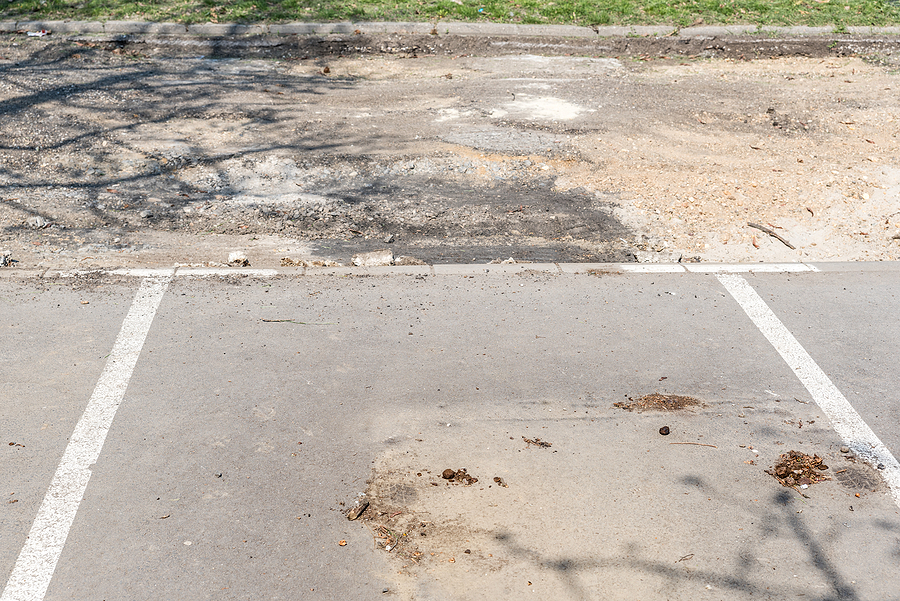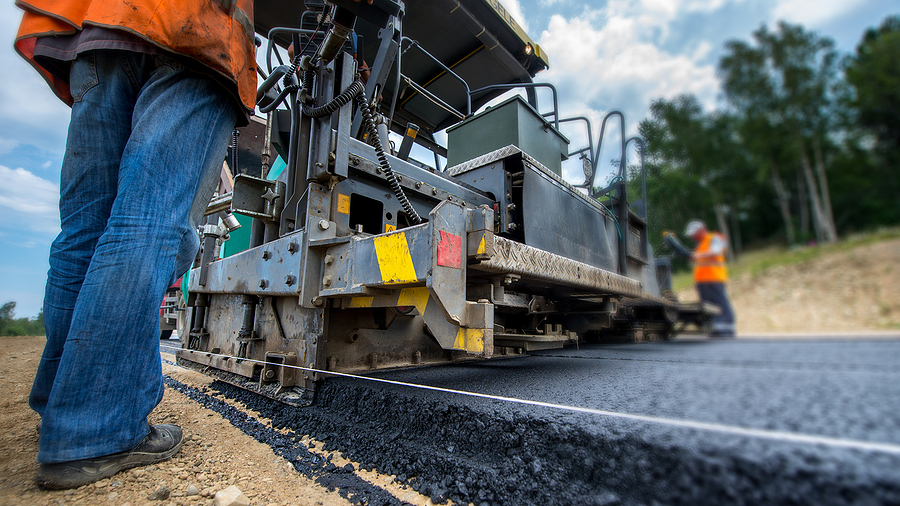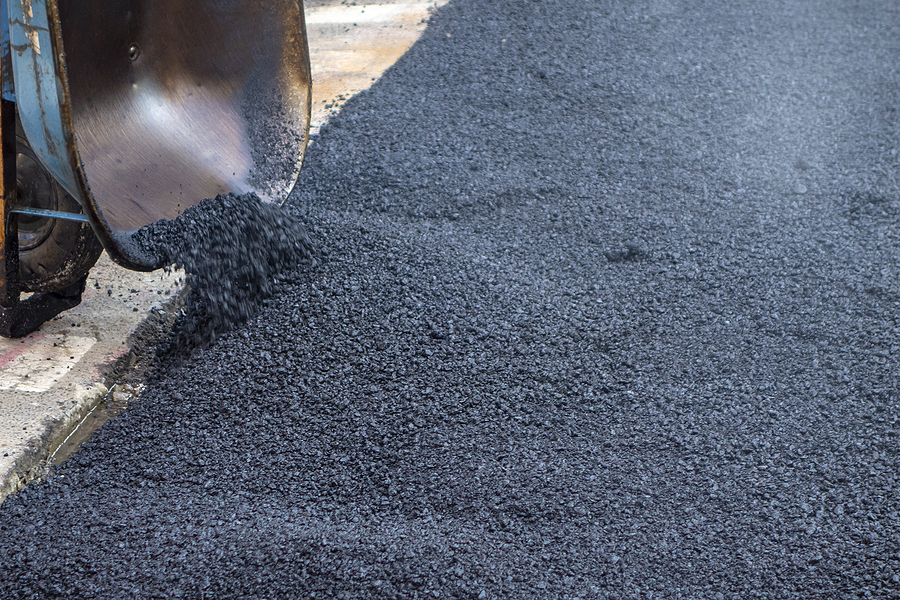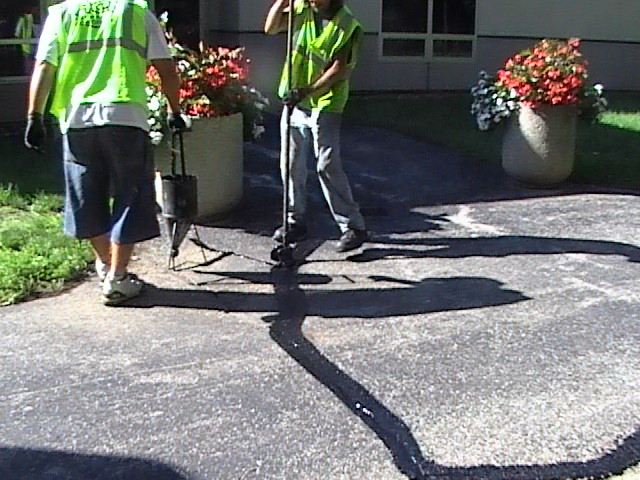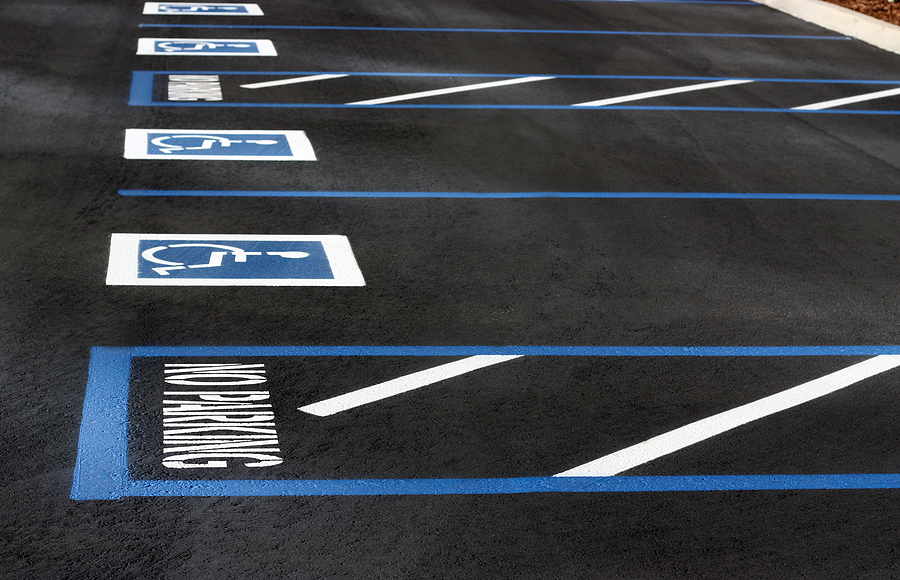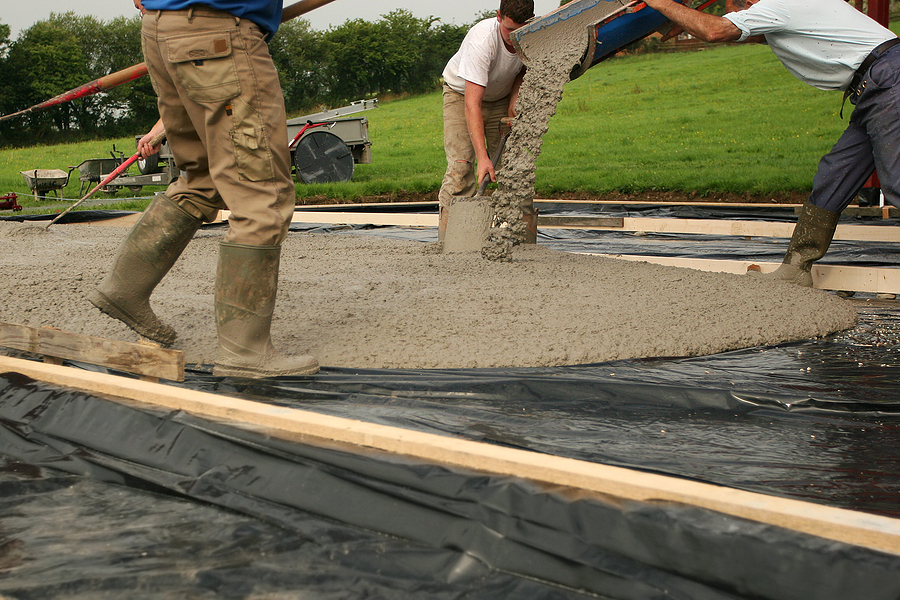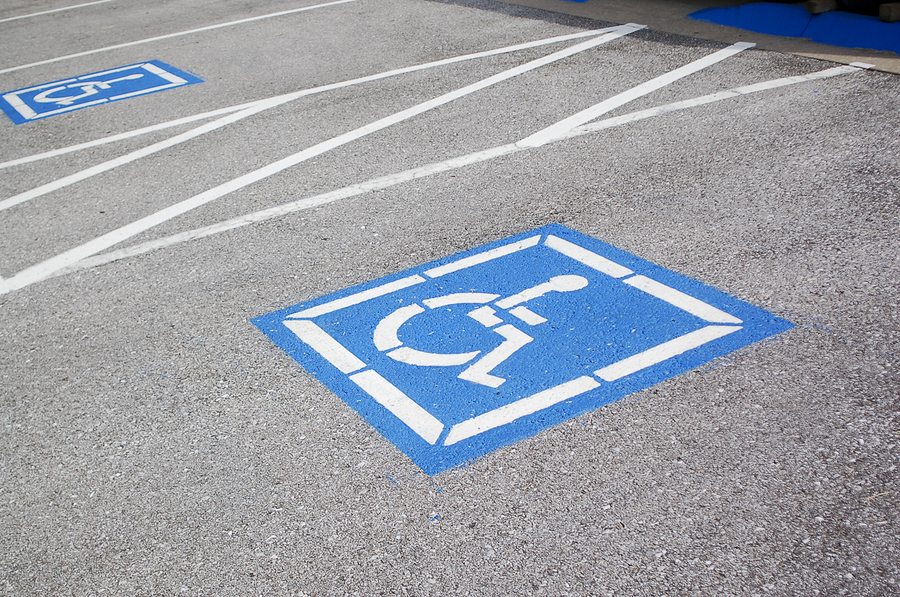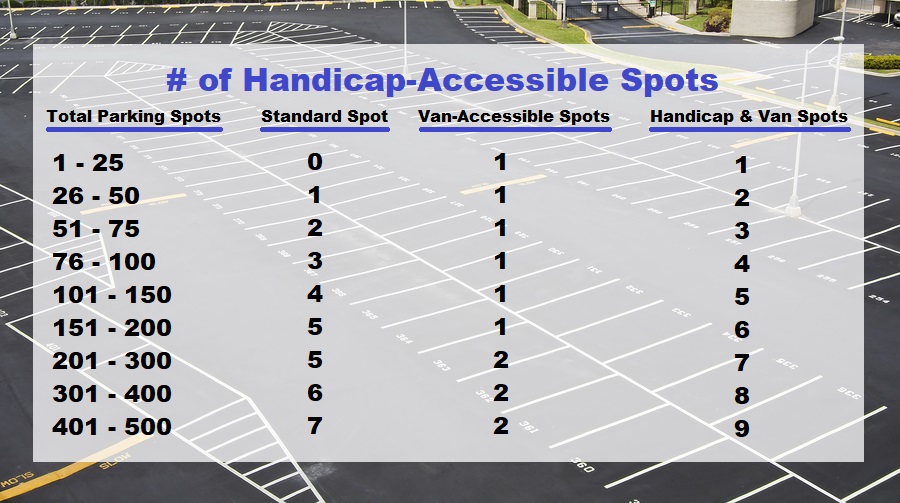Did you just have a fresh asphalt or sealcoat job applied to your commercial lot over the summer? If you already notice tire markings, do not panic. Tire scuff marks are a common occurrence to newly-paved or seal-coated asphalt, and for many reasons. So, before you pick up the phone to have a word with your paving company, it is encouraged to investigate a bit further, and learn exactly why tire marks appear on newly-paved asphalt in the first place.
Continue reading to learn what causes asphalt tire scuffing, and gain a better understanding of what to expect from your pavement.
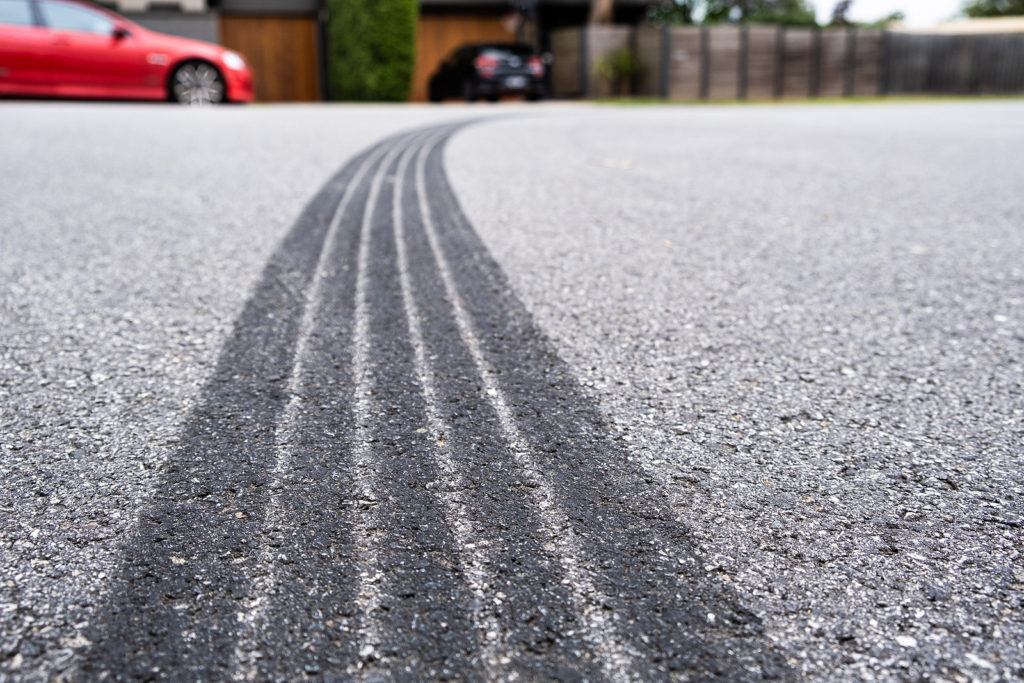
Tire Scuffing
Fortunately, there is no need to panic about tire marks since they will eventually fade after a few months. There are several reasons why freshly-paved or seal-coated asphalt is subject to tire scuffing, but they can all be narrowed down to six specific ones. If you have questions about any of these causes, feel free to contact your paving company afterwards to discuss them in detail. They can give you expert information, answers, and advice regarding asphalt paving, sealcoating, and more. For now, start by reviewing the 6 most common factors that cause asphalt tire marks, below.
✅ The Age of Pavement
New pavement, or pavement with a new layer of sealcoat, is more susceptible to tire scuff marks since it is still soft and malleable. As it hardens, tire marks begin to disappear. Asphalt requires flexibility to maintain maximum durability, but as it ages it loses this attribute.
✅ Outdoor Temperatures
The time of year affects the rate at which asphalt hardens after being laid. Hot weather will slow the curing process, keeping pavement soft and flexible a little longer than usual. And we already mentioned that soft pavement allows for tire marks. This is why most paving jobs are carried out in the fall and winter, when temperatures are cooler and pavement cures faster.
✅ Vehicle Weight
New asphalt pavement that experiences frequent traffic from heavy vehicles, like trucks, buses, and vans, is more susceptible to tire scuffing. Stationary 180-degree turns, sudden braking, sharp turns, and trucks with power steering are common causes for tire marks.
✅ Type of Tires
The type and size of tires play a major role in producing tire scuff marks in new pavement. Most standard tires can and will cause this to happen, but tires with aggressive tread patterns, steel-belted radial tires, and off-road trucks and SUVs will guarantee it.
✅ Type of Asphalt
The type of asphalt will also influence the likelihood of tire scuffing on new pavement. Courser aggregate is less likely to scuff, whereas, a thin sealcoat will. For this reason, it is important to be sure you are hiring a skilled and qualified paving company in Indianapolis.
Talk to Your Trusted Indianapolis Asphalt Paving Company for Help
Call ACI Asphalt and Concrete Inc. at 317-549-1833 for commercial asphalt paving services in Indianapolis and its surrounding areas. Our licensed and qualified paving contractors provide a wide range of asphalt and concrete pavement repair and installation services at the most competitive prices in town, including crack filling, overlays, resurfacing, and sealcoating. Request a free estimate, today!


